Can diabetics eat granola?
Granola, with its crunchy texture and nutrient-rich ingredients, has become a beloved breakfast and snack option for many. But for individuals with diabetes, managing blood sugar levels is crucial, leading to the question: Can diabetics safely enjoy granola? Let's explore the facts and considerations for incorporating granola into a diabetic diet.

Overview of granola and its popularity
Granola is a popular breakfast cereal or snack made from ingredients like oats, nuts, seeds, and sweeteners. It's often enjoyed with milk or yogurt or eaten as a topping on various dishes.
Introduction to Diabetes and dietary choices
Diabetes is a chronic condition characterized by high blood sugar levels. There are two main types: Type 1, where the body doesn't produce insulin, and Type 2, where the body doesn't use insulin effectively. Managing blood sugar levels through diet, exercise, and medication is essential for individuals with diabetes.
Understanding Diabetes
|
Type of Diabetes |
Description |
|
Type 1 |
Body doesn't produce insulin; requires insulin injections |
|
Type 2 |
Body doesn't use insulin effectively; managed with lifestyle changes and medication |
Nutritional Content of Granola
|
Ingredient |
Nutritional Content |
|
Oats |
High in fiber and complex carbohydrates |
|
Nuts and Seeds |
Provide healthy fats, protein, and essential nutrients |
|
Dried Fruit |
High in fibre, vitamins and minerals. Can add sugar if they are candied |
|
Sweeteners |
Can add sugar and calories, depending on type and amount |
Impact of Granola on Blood Sugar
The carbohydrate content of granola can affect blood sugar levels, especially for individuals with diabetes. The glycemic index (GI) and glycemic load (GL) of granola may vary depending on its ingredients and processing methods, potentially influencing its impact on blood sugar levels.
Considerations for Diabetics
Portion Control
: Limiting portion sizes of granola can help manage blood sugar levels. Opt for smaller servings to avoid spikes in blood sugar.Balanced Meals:
: Pair granola with protein-rich foods like Greek yogurt or eggs and include fiber-rich fruits and vegetables to help stabilize blood sugar levels.Read Labels
: Look for granola with minimal added sugars or with natural sweeteners like fruit puree and wholesome ingredients like whole grains, nuts, and seeds.Alternatives to Traditional Granola
For those looking for diabetic-friendly alternatives to old fashioned granola, options include granola with reduced sugar content, oatmeal, or other low-glycemic breakfast options.
Cocosutra granolas can also serve as a healthy alternative, providing nutritious ingredients without excessive sugars.
Conclusion
While granola can be enjoyed by individuals with diabetes, it's essential to approach consumption mindfully. By focusing on portion control, selecting lower sugar options, and balancing meals with other nutrient-rich foods, granola can be a part of a healthy diabetic diet. Ultimately, individualized dietary choices and regular blood sugar monitoring are key to effectively managing diabetes.

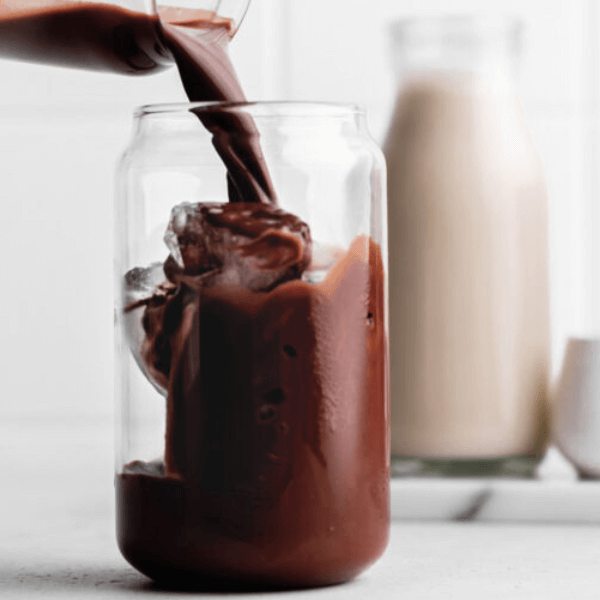
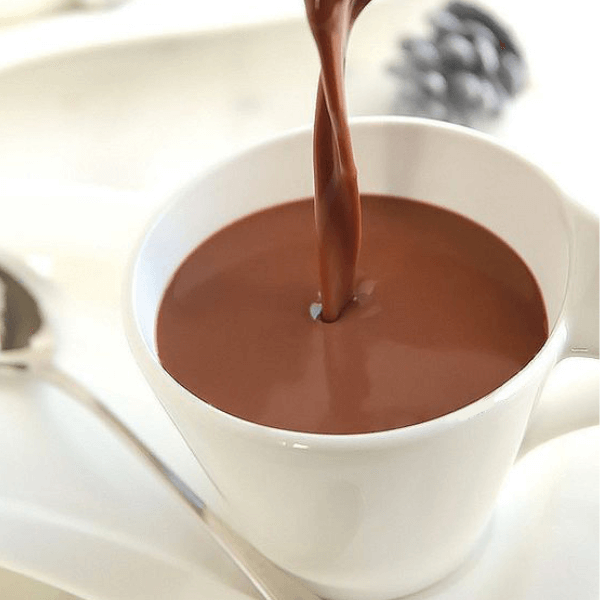
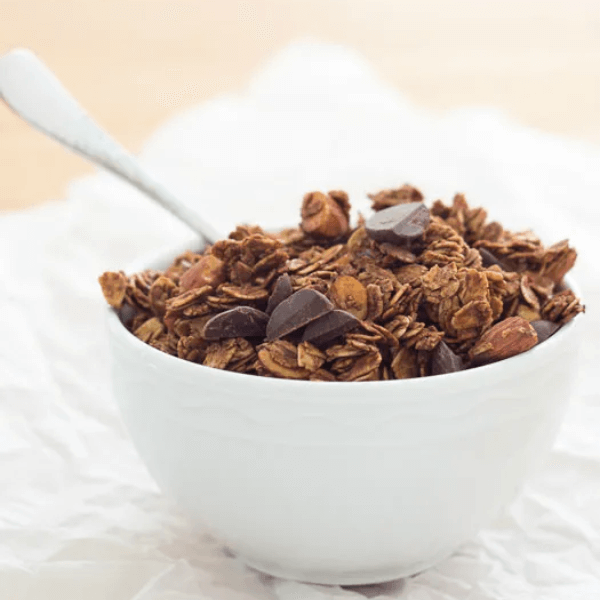
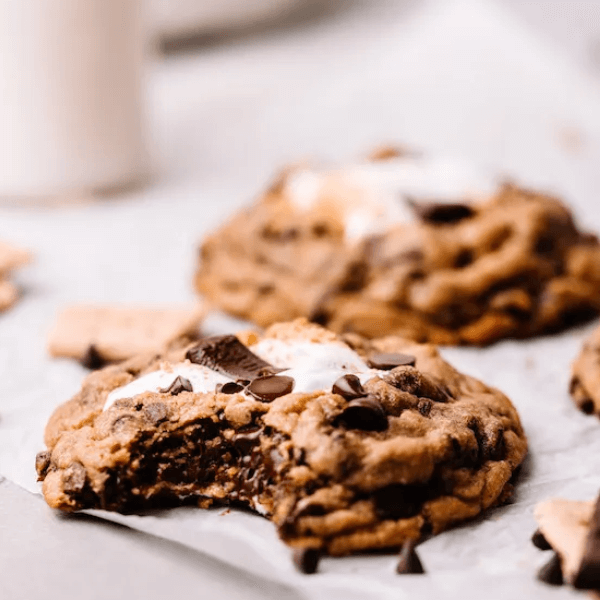
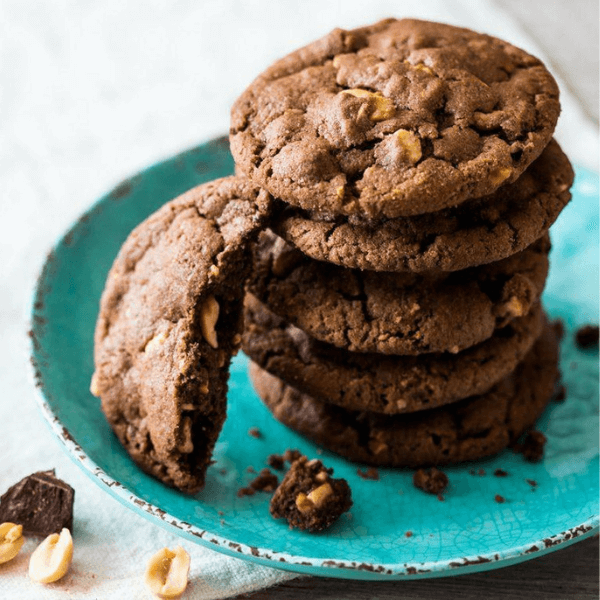

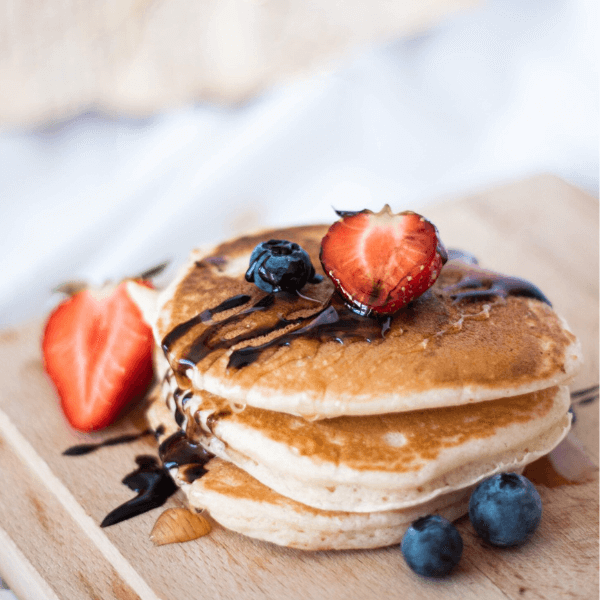




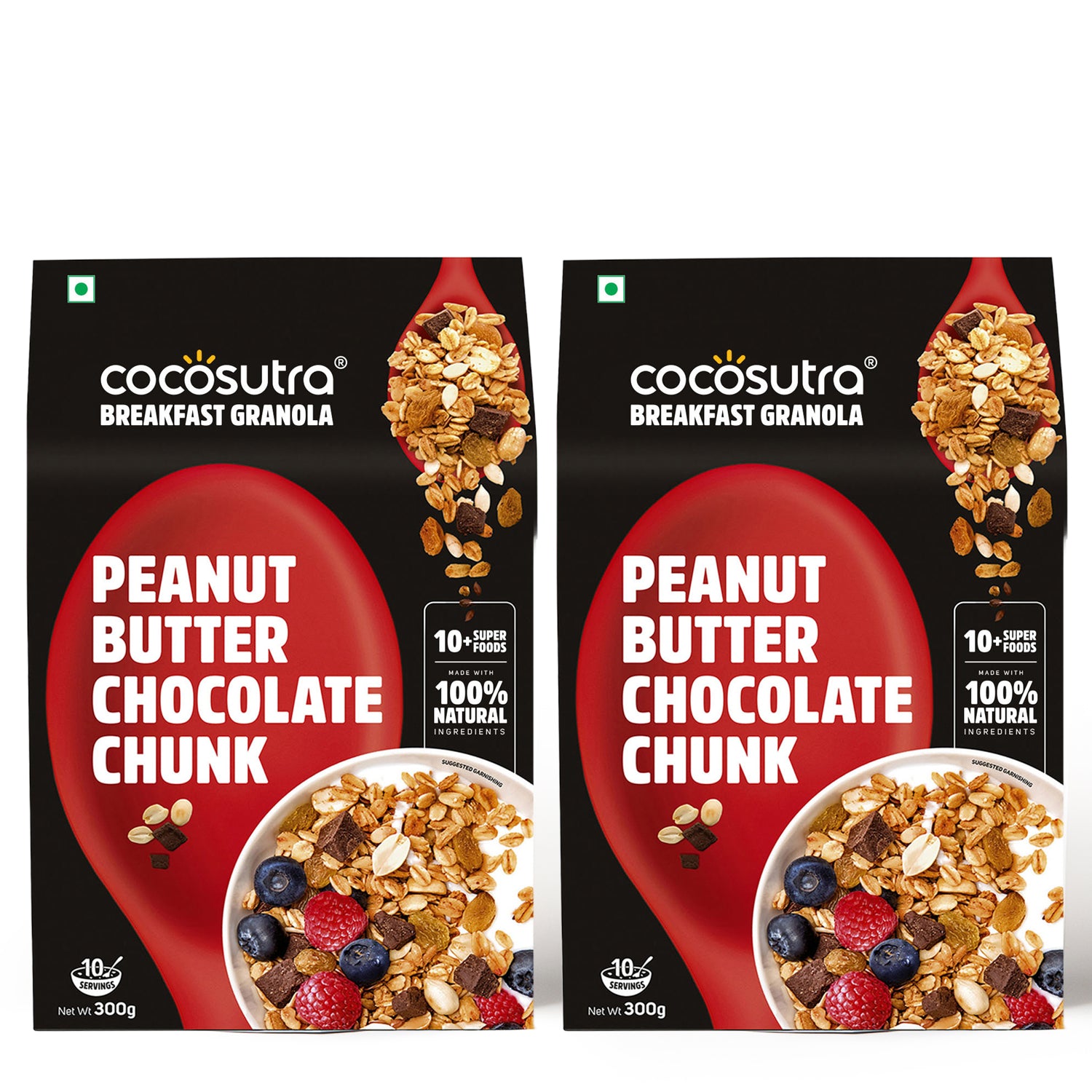
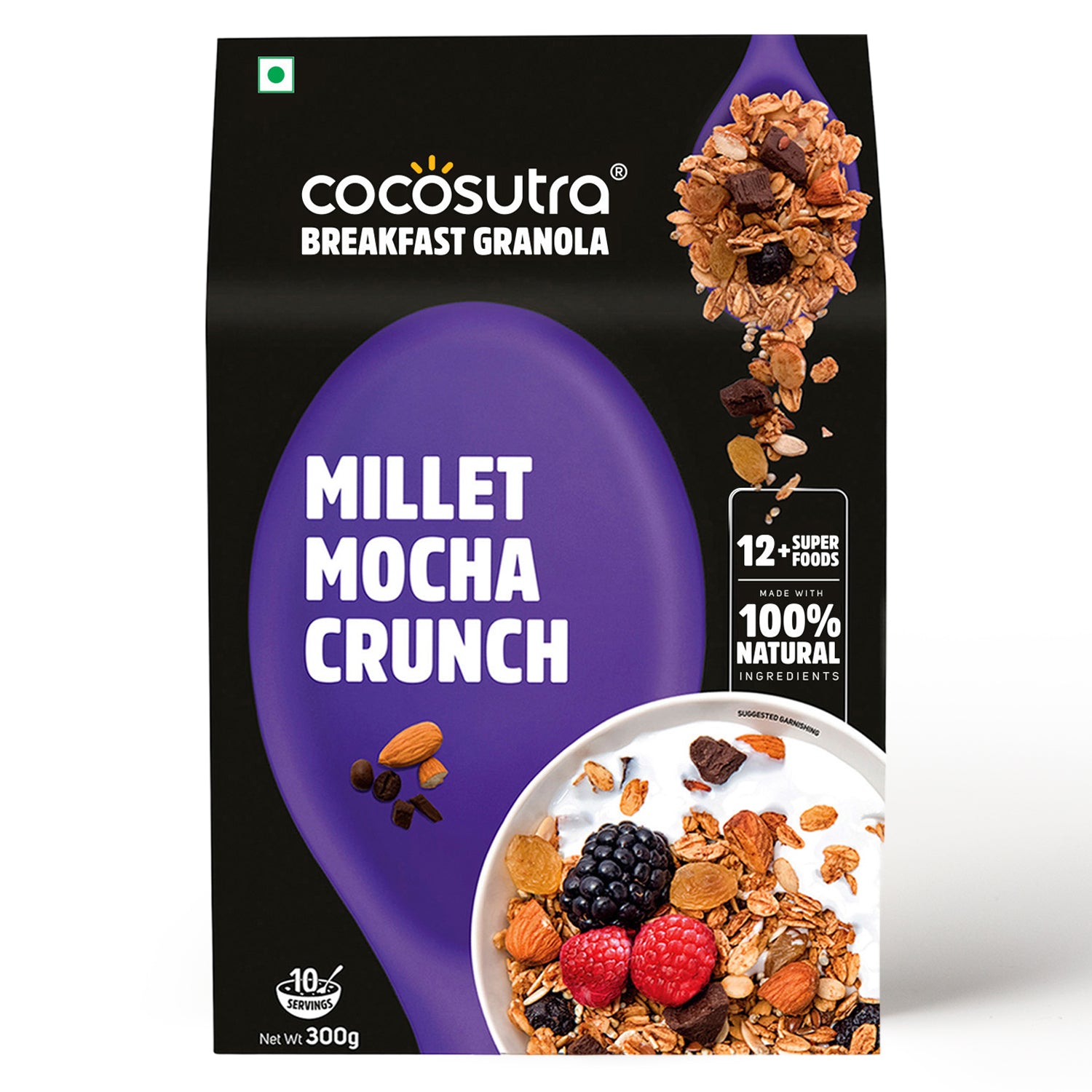
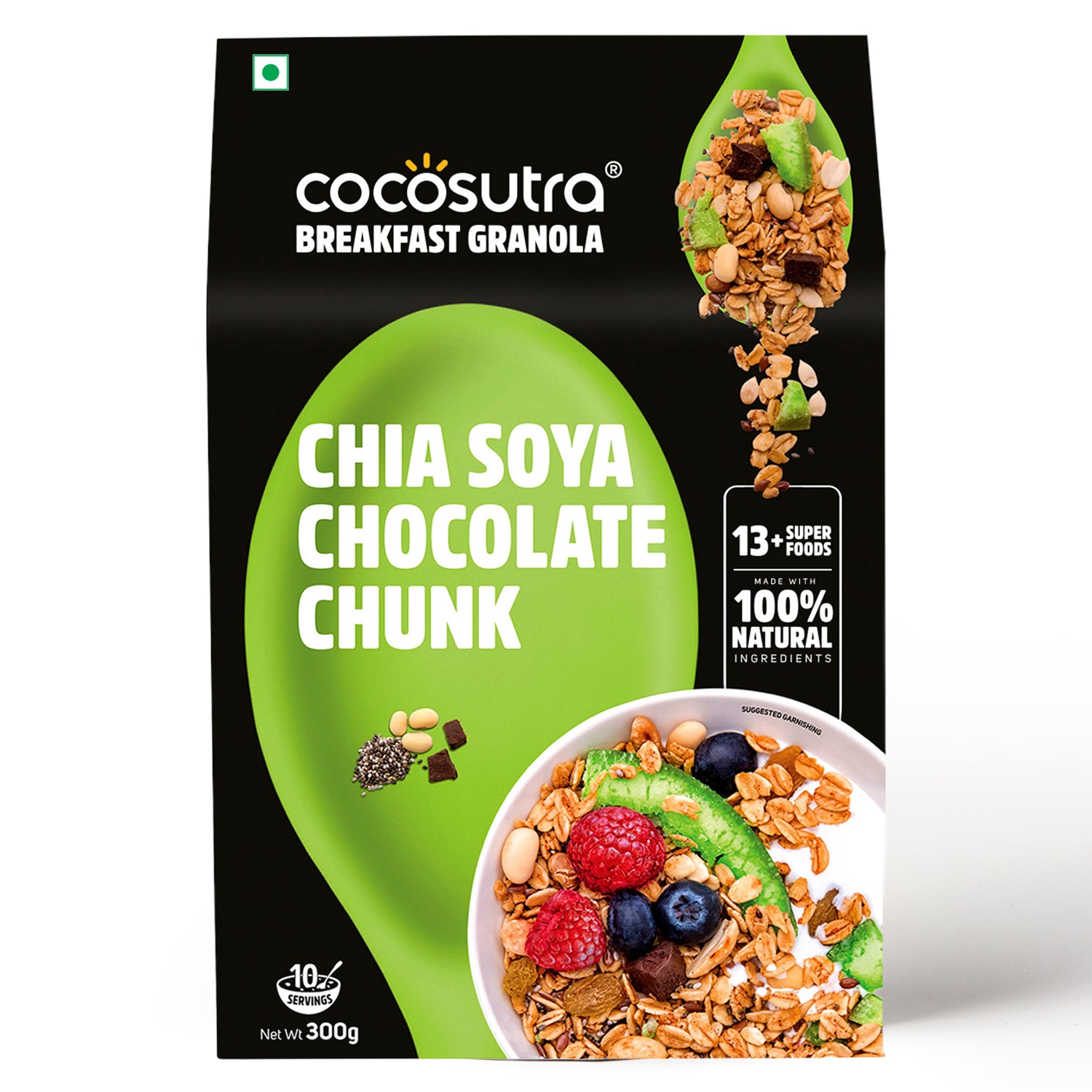
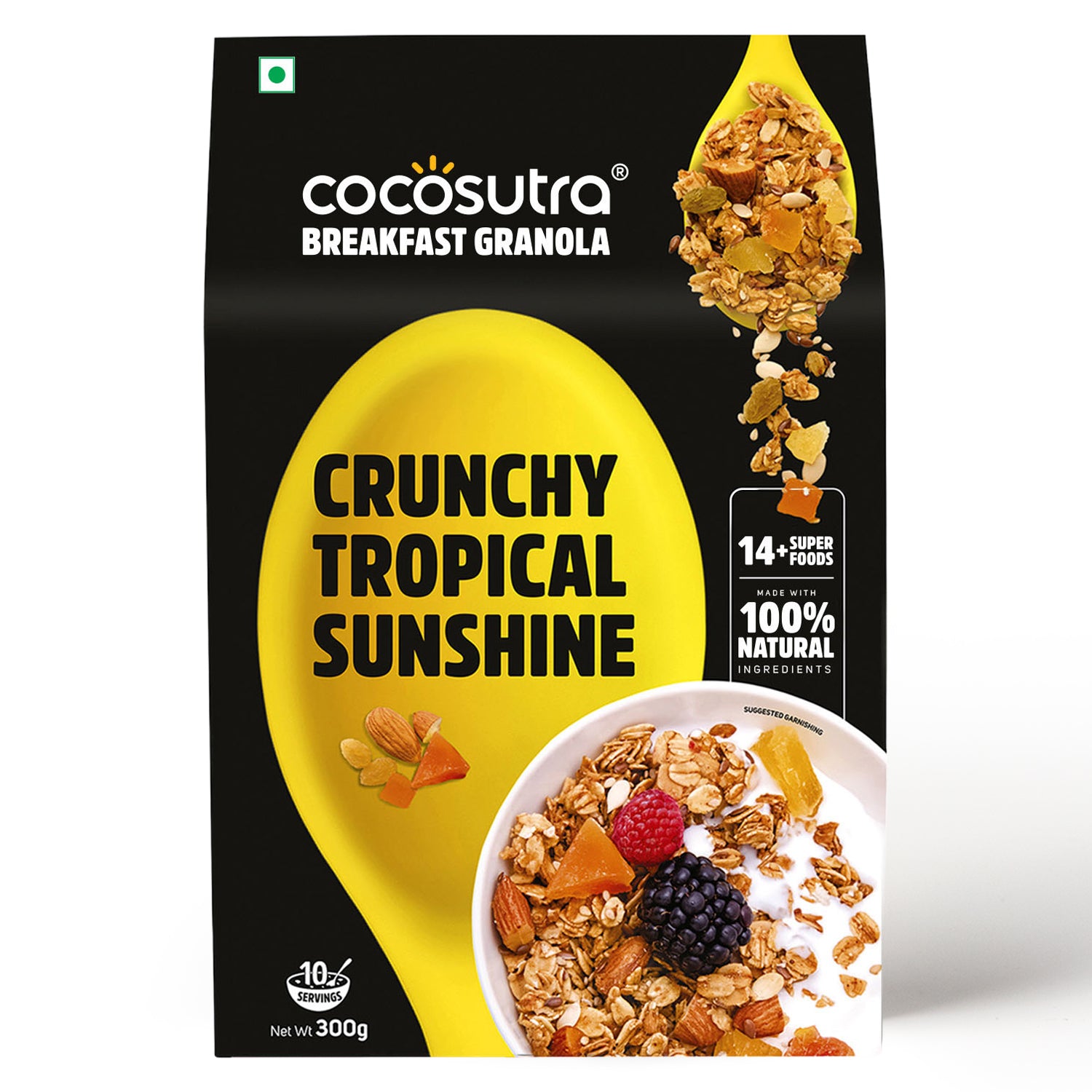

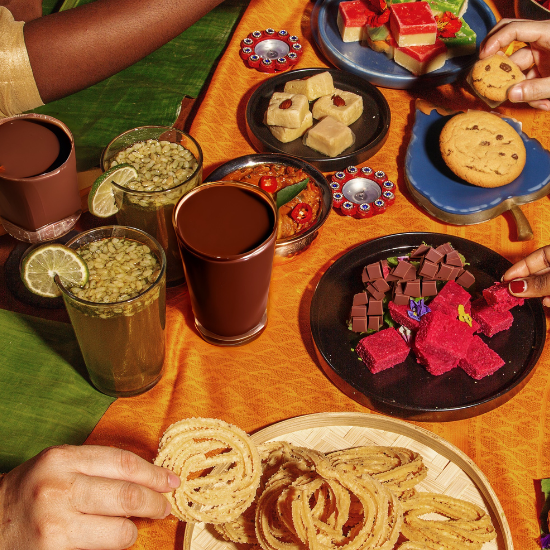


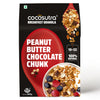 Someone viewed Peanut Butter Chocolate Chunk Breakfast Granola | 300 g. 9 mins ago
Someone viewed Peanut Butter Chocolate Chunk Breakfast Granola | 300 g. 9 mins ago Someone viewed Hot Chocolate Travel Friendly Hamper | 4 Drinking Chocolate Flavors | 20 Sachets. 11 mins ago
Someone viewed Hot Chocolate Travel Friendly Hamper | 4 Drinking Chocolate Flavors | 20 Sachets. 11 mins ago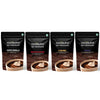 Someone viewed Hot Chocolate Mix Collection | 4 in 1 Pack | Swiss Vanilla, Mexican Spiced, Caramel & Mocha (100 g each). 28 mins ago
Someone viewed Hot Chocolate Mix Collection | 4 in 1 Pack | Swiss Vanilla, Mexican Spiced, Caramel & Mocha (100 g each). 28 mins ago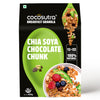 Someone viewed Chia Soya Chocolate Chunk Breakfast Granola | 300 g. 27 mins ago
Someone viewed Chia Soya Chocolate Chunk Breakfast Granola | 300 g. 27 mins ago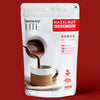 Someone purchased SUGAR FREE Drinking Chocolate Mix - Hazelnut. 24 mins ago
Someone purchased SUGAR FREE Drinking Chocolate Mix - Hazelnut. 24 mins ago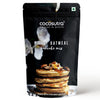 Someone viewed Millet Oatmeal Pancake Mix | 300 g. 2 mins ago
Someone viewed Millet Oatmeal Pancake Mix | 300 g. 2 mins ago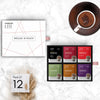 Someone viewed Sugar Free Drinking Chocolate Hamper | 6 Flavors. 12 mins ago
Someone viewed Sugar Free Drinking Chocolate Hamper | 6 Flavors. 12 mins ago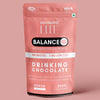 Someone viewed BALANCE - Sugar Free Drinking Chocolate Mix | For Gut Health. 27 mins ago
Someone viewed BALANCE - Sugar Free Drinking Chocolate Mix | For Gut Health. 27 mins ago